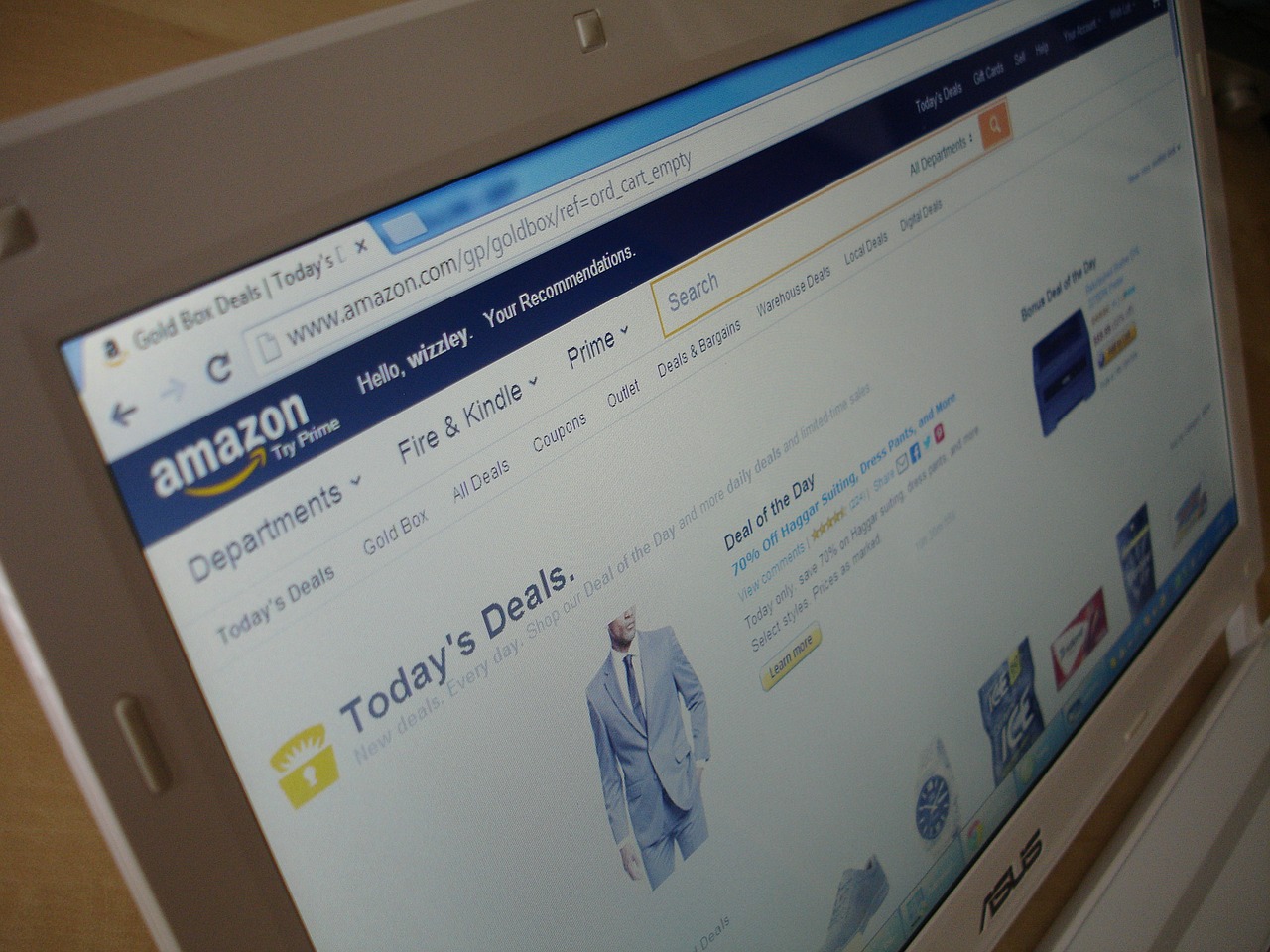
The US government has blacklisted five foreign websites of online retail giant Amazon for allegedly facilitating the sale of fake products.
The e-commerce websites of Amazon UK, Germany, France, India and Canada have been added by the US to its “notorious markets” blacklist. The Office of the United States Trade Representative claimed that the sites facilitated the sale of fake goods.
According to the trade representative’s office, the addition of the Amazon sites to the blacklist was based on complaints from US businesses over the sale of counterfeit and pirated products.
The list had no legal repercussions but it places companies included in it in the spotlight, particularly household businesses like Amazon.
President Trump and Amazon
Amazon argued that the move was politically motivated and assured that it has made significant investments to prevent illegal activities on its platforms.
The company said the inclusion of its sites was a “political act” motivated by President Donald Trump’s apparent dislike of Amazon founder and chief executive officer (CEO) Jeff Bezos.
In a statement, Amazon said: “This purely political act is another example of the administration using the US government to advance a personal vendetta against Amazon." The company's US website was not included in the blacklist.
The e-commerce giant emphasized that it has invested heavily in technology to stop counterfeit products from being sold on its platforms.
In the report from the trade representative’s office, complainants claimed that the Amazon websites did not provide clear information about sellers. They also said that the process to remove platforms selling counterfeit goods was “lengthy and burdensome”.
However, Amazon argued that it made significant investments to tackle this issue and that in 2019, it blocked over 6 billion bad listings before they were published to the platform.
An Amazon spokesperson said: “We are an active, engaged stakeholder in the fight against counterfeit.”
In the past, President Trump has clashed with Amazon and Bezos, who also owns the Washington Post newspaper. Trump has claimed before that Amazon does not pay enough in taxes.
Amazon installs thermal cameras at warehouses
Two weeks ago, Amazon installed thermal cameras at its warehouses to detect coronavirus symptoms by comparing a person’s body heat with that of their surroundings. This technology is relatively faster than using close-range thermometers.
In the US, there have been COVID-19 cases reported at more than 50 of its warehouses. Amazon employees claimed that it was nearly impossible to implement social distancing at the facilities.
An Amazon spokesman said: “We implemented daily temperature checks in our operations locations as an additional preventative measure to support the health and safety of our employees, who continue to provide a critical service in our communities.”
“We are now implementing the use of thermal cameras for temperature screening to create a more streamlined experience at some of our sites,” the spokesman added.
The thermal cameras will also be used to replace thermometers at staff entrances to many of the firm’s Whole Foods stores.
Thermascan managing director Dave Blane claims that thermal technology had been widely used after airports globally adopted the technology during the 2003 severe acute respiratory syndrome (SARS) epidemic.
Blane said: “We’ve seen a rise in the use of thermal technology across a variety of industries, to the point where there is almost trouble to keep up with demand.”






